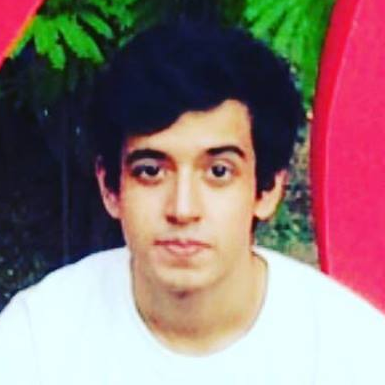Only in Crypto: John McAfee Admits "Copy-Pasting" PIVX Whitepaper, Wants to Sue them Nonetheless
John McAfee is an eccentric, bold personality well-known in the crypto-space for his absurd comments. The entrepreneur claims to know Satoshi Nakamoto, promised to eat his d*** on Twitter if Bitcoin didn’t reach $1 million among other grandiose claims.

Now, the sensationalism is reaching another level. McAfee’s crypto project “Ghost” was found to have plagiarised its entire whitepaper from another crypto firm, but instead of being apologetic, the entrepreneur threatens to sue PIVX, the project in question, for causing reputational damage.
Stolen Verbatim
Via a tweetstorm on May 20, McAfee admitted Ghost’s whitepaper “copy-pasted” parts of the PIVX protocol. Both projects are anonymity-oriented and aim to create a private cryptocurrency rivaling the likes of Zcash and Monero.
McAfee states PIVX is an open-source project, which allows anyone to lift parts of its protocol to create a native token/sidechain. Earlier this week, representatives from Ghost stated the project’s codebase is a “forked” version of PIVX, and claimed Ghost’s developers did “a lot of improvements” to what PIVX offered.
For those out-of-the-loop, PIVX said on May 18 that Ghost plagiarized over 20 pages of its 26-page whitepaper, which while outdated, contained material that was “directly” lifted verbatim.
PIVX later stated that anyone was free to use their product as long as “copyright credits are maintained in the code,” the whitepaper was restricted material and “fully copyrighted” as of 2018.
But McAfee is having none of it, the British-born American entrepreneur tweeted:
My final tweet in the $GHOST controversy:
— John McAfee (@officialmcafee) May 19, 2020
PIVX is attempting to claim that their source code is Public Domain, but that the description of how it all works (The White Paper) is not!
Then what f*cking good is Open Source if the documentation is not included?
What scam is this?
He added the “lawsuit is coming for defamation,” indicating the government will now be involved after PIVX supposedly defamed McAfee on social media.
“Claiming a product is an open-source while withholding the documentation is a fraud. Pure and simple. I will soon demonstrate that in the courts,” said McAfee.
No Legal Charges
PIVX representatives say the company is not a legal foundation or domiciled in any particular region, and no “single person” has ownership of the project or its development.
A spokesperson stated to crypto publication Cointelegraph:
“It’s like John saying he’ll sue Bitcoin.”
Interestingly, John McAfee faces criminal charges in the U.S. for tax evasion schemes and other financial fraud, meaning a lawsuit may not take place and the tweets may be an empty threat.
Meanwhile, PIVX noted in other tweets the paper that Ghost copied from is outdated, i.e. several mentioned solutions and algorithms are not private and may harm the development of Ghost.
“...which is not only outdated but cryptographically flawed and can be exploited. There are also multiple technical errors and inaccuracies that should be addressed,” adds PIVX.
The team concluded: “You are required to credit and attribute the sources as clearly stated under the MIT license. This is a common and ethical practice in the open-source community.”
Image via Gage Skidmore







